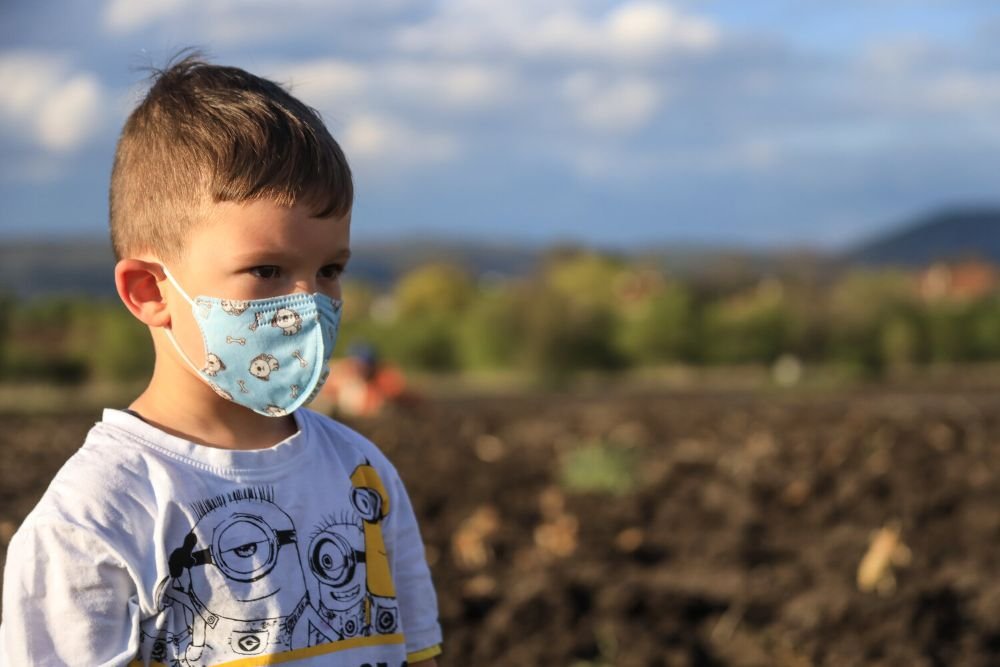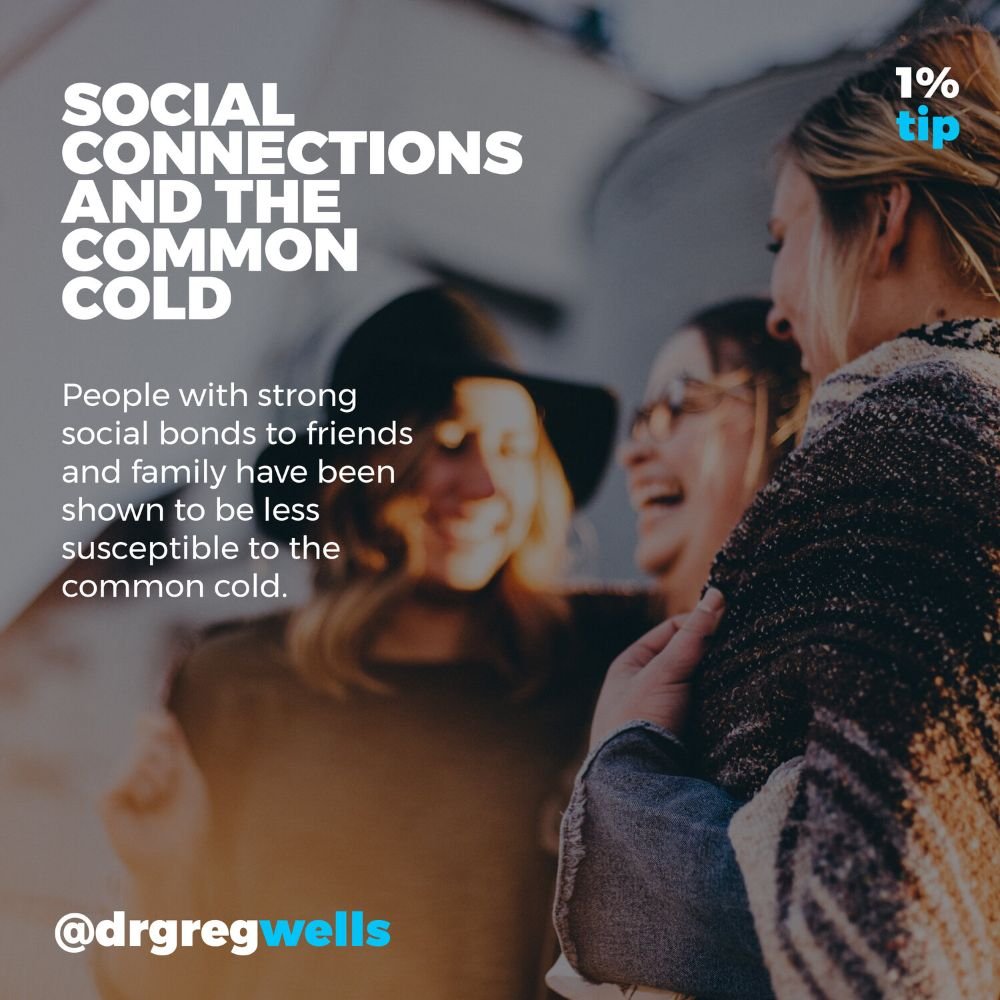The mind-body connection & your immune system
Click here to receive insights in our weekly newsletter.
“If you don’t think your anxiety, depression, sadness and stress impact your physical health, think again. All of these emotions trigger chemical reactions in your body, which can lead to inflammation and a weakened immune system.”
— KRIS CARR
Acute stress is an important evolutionary mechanism that is necessary for peak performance. During acute stress (such as an athletic event, performance, or public speaking event), hormones like epinephrine and cortisol are dumped into the bloodstream from the adrenal glands. These hormones increase the activity of various organs and systems (e.g. cardiovascular system), while decreasing the activity of others (e.g. digestive system). Sugar is dumped from the liver into the blood stream so you have an increase in energy supply, your pupils are dilated, and your senses are heightened. This cascade of events needs to occur to give yourself the best chance of survival if you come face to face with a saber tooth tiger or hit a patch of ice on the road. This type of stress is also beneficial for boosting performance, such as an athletic event or if you’re about to deliver a presentation. Essentially - stress helps us to perform at our best!
The problem is that in this day and age, we often don’t know the difference between a real and perceived threat, and we can get into a state of chronic stress. If we’re constantly in a state of stress, eventually our body wears down and we get sick. One of the reasons for this is that chronic stress weakens the immune system. Here’s a bit more information about the science behind this:
Dr. Susan Segerstrom from the University of Kentucky and Dr. Gregory Miller from the University of British Columbia compiled results from more than 300 empirical studies and over 18,000 participants on the relationship between psychological stress and the immune system. They found that responses to acute stress and chronic stress differed:
Acute stress (public speaking, skydiving, exams, an athletic event, etc.) seems to up-regulate “natural immunity”— the activities of macrophages and natural killer cells that broadly target any kind of invader. Conversely, these short bouts of stress decrease “specific immunity”— immune cells such as antigens that are designed to target specific bacteria or viruses that have built up as part of a learned immune response to a previous infection or immunization. Simply put, the body is preparing itself to defend against an immediate threat such as an injury, not a long-term problem such as an illness. On the other hand, the researchers found that chronic stress causes a total down-regulation of all aspects of the immune system.
So what can we take away from this?
Acute stress can cause a temporary shift in the immune system’s focus from one area to another, making it a prime time to get sick. However, if you’re able to recover properly after this acute stress, your immune system will strengthen.
On the other hand, chronic stress causes a decrease in all types of immunity. So if you are under stress for long periods of time, your body wears down and your ability to fight off illness is severely compromised.
Prioritizing daily tactics that help you rest, recover, and recharge will not only decrease your stress levels, but also help you to stay healthy.
This week’s challenge: RECHARGE to stay healthy
Life is inevitably stressful. However, if we give ourselves time to recover afterwards, we can stop the cycle of chronic stress, start performing optimally, and stay healthy.
Here are some ways you can incorporate recharge tactics into your life to stay healthy:
Incorporate social connection into your week. Social connection is not only important for your mental health, but is also good for your immune system.
Get into Nature. Among other benefits, it appears that nature therapy can boost the immune system by increasing natural killer cell activity following exposure to forests and natural environments.
Build micro-practices into your day to help you recharge such as taking a deep breath, meditating, or practicing gratitude.
Check out the VIIVIO RECHARGE function for some more ideas! And remember you can download VIIVIO here.
What are we finding in the research?
It appears that there is a relationship between social connectedness and the immune system. A study found that students who were lonely had a lower immune response after receiving a flu vaccine compared to those students with a strong social network. So having strong social ties actually boosts your immune system, allowing you to fight off diseases and infections!



